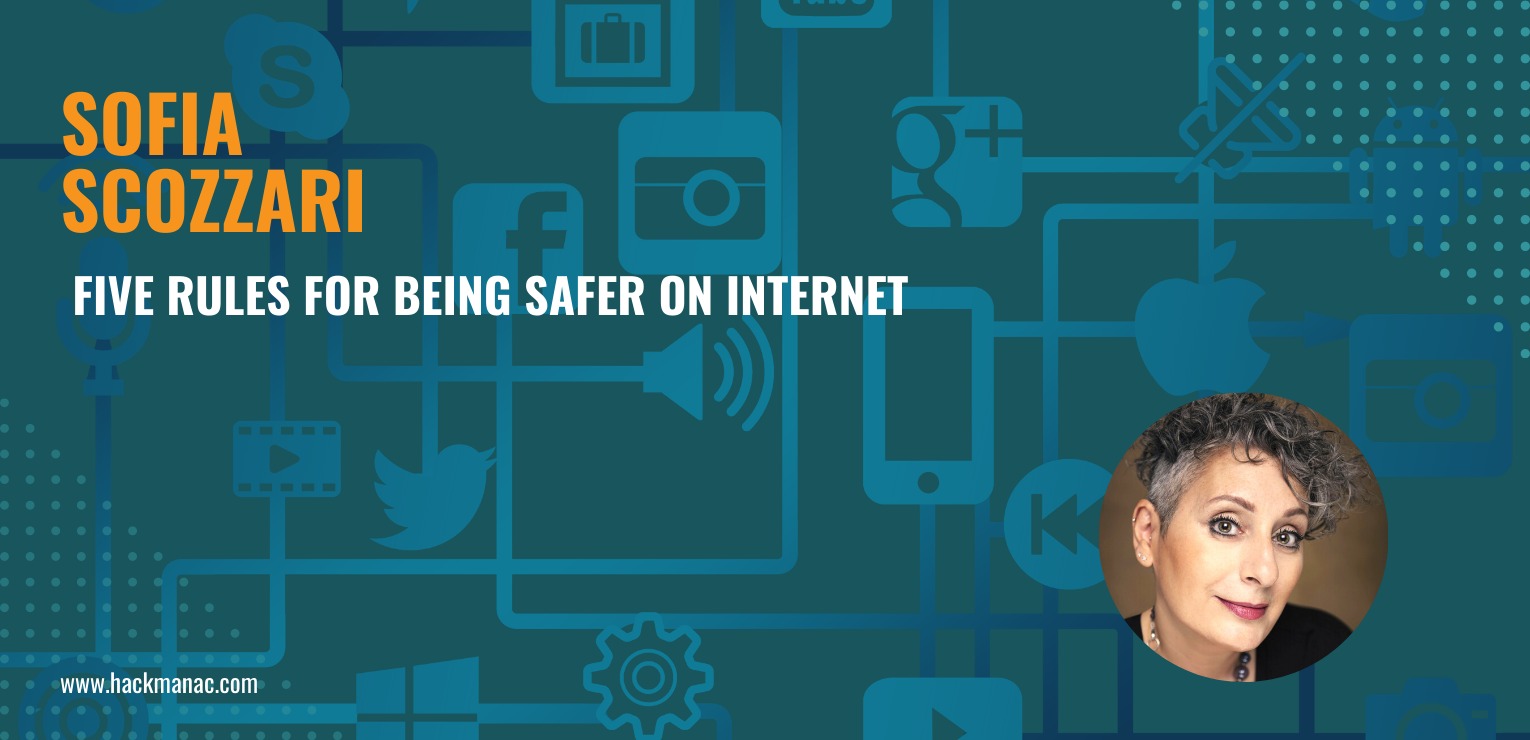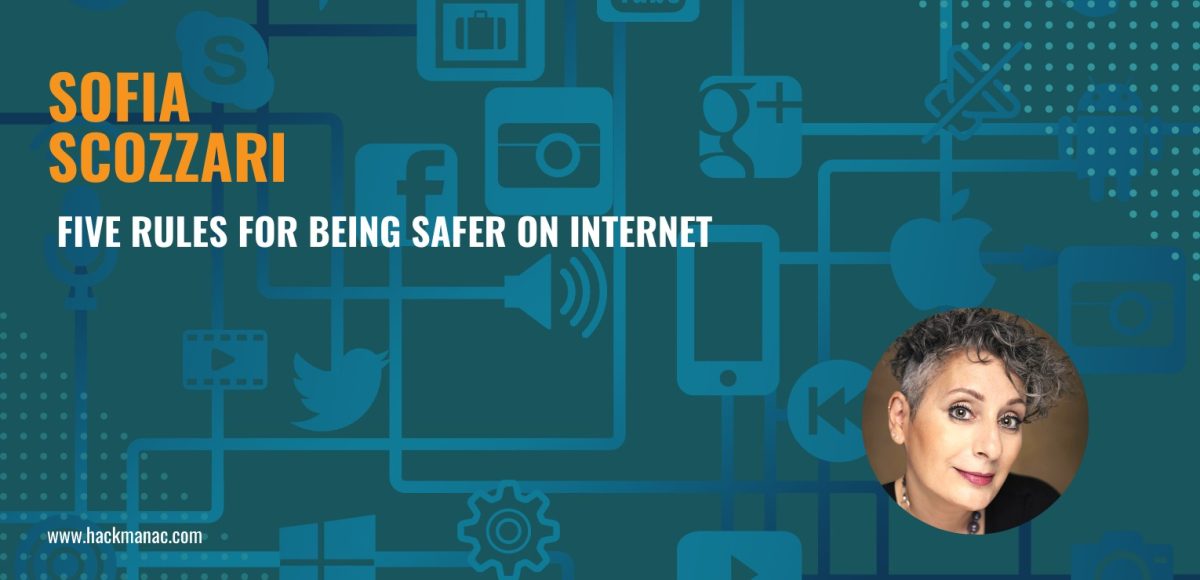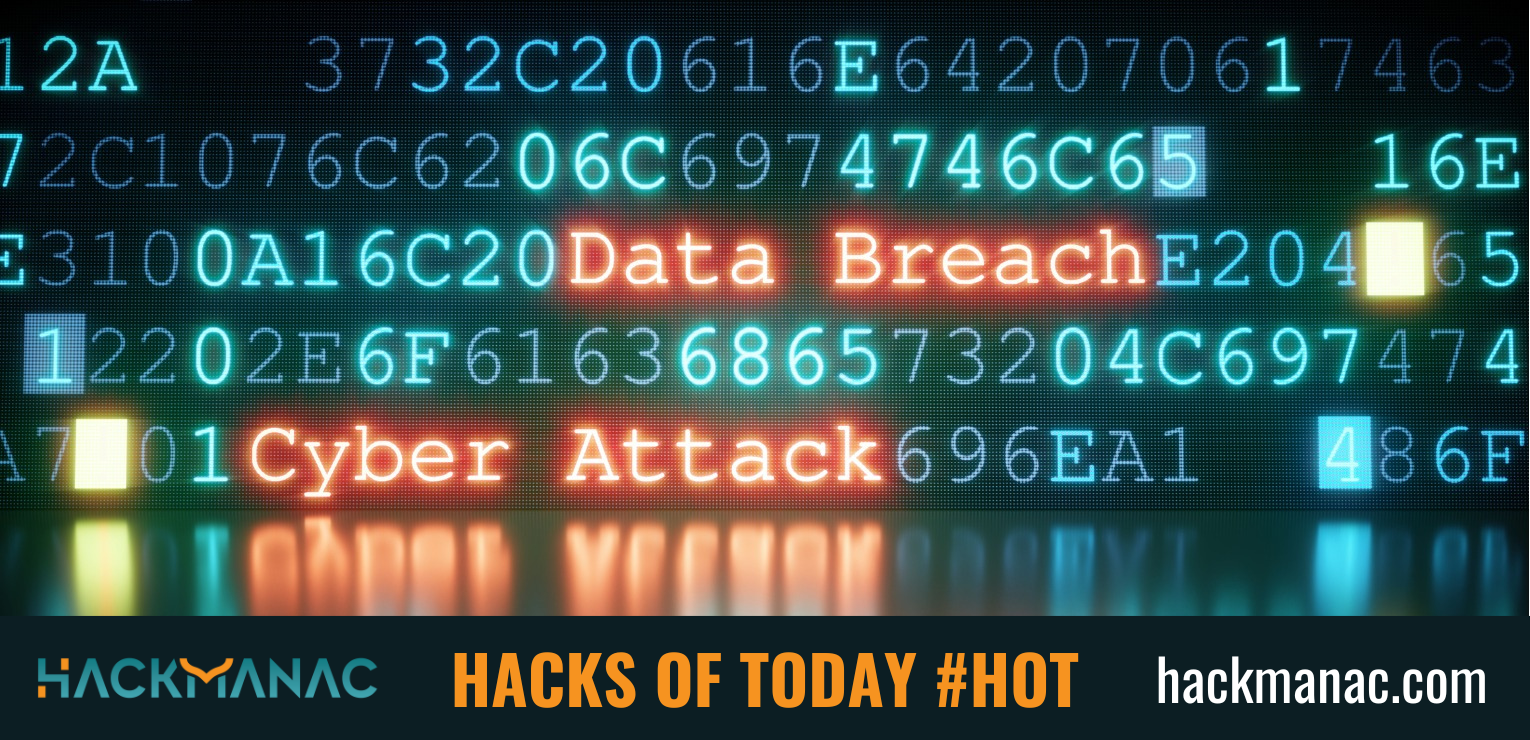news
FIVE RULES FOR BEING SAFER ON INTERNET

Safer Internet Day (SID) is celebrated on February 8th, an initiative created by the European Commission to promote safer and more responsible use of technology.
Celebrated in 200 countries around the world since 2004, Safer Internet Day invites us to provide a safer digital environment, especially for young people.
Internet world offers enormous opportunities, possibilities for learning and for acquiring new knowledge, but it also carries several risks.
Thanks to initiatives such as SID it is possible to raise awareness of risks and threats, but at the same time take to carry on concrete actions in order to protect users.
So, let’s see 5 rules to be safer on the Internet.
1) Systems and applications:
Update systems and applications you use and keep them constantly updated.
This rule applies to both PCs and mobile devices (smartphones, tablets, etc.).
Download and install applications only from official websites or app stores and be suspicious of unofficial stores: the risk it to install malware.
2) Account and identity:
Protect your accounts with a strong and enough complex password (over 8 characters, with upper and lower case, numbers and special characters).
Do not use the same password for all accounts, especially for emails and logins to important applications.
Use a password manager to remember all the passwords and protect the access with a master password (the only one you’ll need to remember by heart!)
3) Email and SMS:
Be wary of suspicious emails and SMS, from senders you don’t know or who refer to transactions and activities that don’t concern you.
Do not fall into the trap of Phishing and avoid clicking on suspicious links or opening attachments that could be harmful.
4) Antivirus and antimalware:
Install antivirus and antimalware on the devices you use.
Again, this rule applies to PCs but also to mobile devices (smartphones, tablets, etc.).
Install the antivirus on all devices you use to browse the Internet and keep it up to date.
5) Caution and security
Beware of websites where you can download free software and content: the risk of running into malware is very high.
Do not share credentials, passwords or login information with anyone.
Do not leave PCs and smartphones unattended.
Happy Safe Internet!
Celebrated in 200 countries around the world since 2004, Safer Internet Day invites us to provide a safer digital environment, especially for young people.
Internet world offers enormous opportunities, possibilities for learning and for acquiring new knowledge, but it also carries several risks.
Thanks to initiatives such as SID it is possible to raise awareness of risks and threats, but at the same time take to carry on concrete actions in order to protect users.
So, let’s see 5 rules to be safer on the Internet.
1) Systems and applications:
Update systems and applications you use and keep them constantly updated.
This rule applies to both PCs and mobile devices (smartphones, tablets, etc.).
Download and install applications only from official websites or app stores and be suspicious of unofficial stores: the risk it to install malware.
2) Account and identity:
Protect your accounts with a strong and enough complex password (over 8 characters, with upper and lower case, numbers and special characters).
Do not use the same password for all accounts, especially for emails and logins to important applications.
Use a password manager to remember all the passwords and protect the access with a master password (the only one you’ll need to remember by heart!)
3) Email and SMS:
Be wary of suspicious emails and SMS, from senders you don’t know or who refer to transactions and activities that don’t concern you.
Do not fall into the trap of Phishing and avoid clicking on suspicious links or opening attachments that could be harmful.
4) Antivirus and antimalware:
Install antivirus and antimalware on the devices you use.
Again, this rule applies to PCs but also to mobile devices (smartphones, tablets, etc.).
Install the antivirus on all devices you use to browse the Internet and keep it up to date.
5) Caution and security
Beware of websites where you can download free software and content: the risk of running into malware is very high.
Do not share credentials, passwords or login information with anyone.
Do not leave PCs and smartphones unattended.
Happy Safe Internet!
Latest news
HACKS OF TODAY 24/04/2024
Today's HOT includes 10 ransomware victims by the notorious RansomHouse, Black Suit, Rhysida, BianLian, RansomHub, BlackBasta, Eraleig and Qiulong gangs. The average Cyber Risk Factor is 4.4. Read...
Read MoreHACKS OF TODAY 23/04/2024
Today's HOT includes 12 ransomware victims by the notorious Medusa, Abyss, RansomHouse, Cactus, RansomHub, BianLian, Qilin and Qiulong gangs. The average Cyber Risk Factor is 4.5. Read below...
Read MoreHACKS OF TODAY 20-21-22/04/2024
Today's HOT includes 10 ransomware victims by the notorious 8Base, Medusa, Embargo and Inc Ransom gangs. The average Cyber Risk Factor is 3.9. Read below the full list.
Read More
